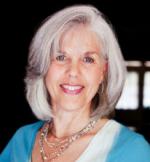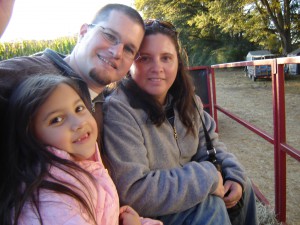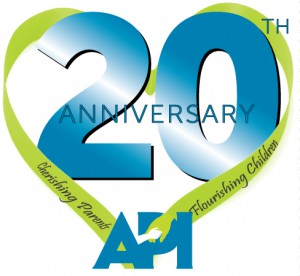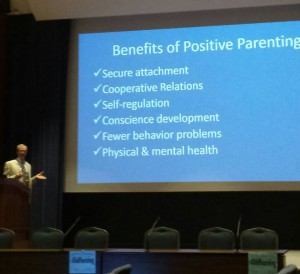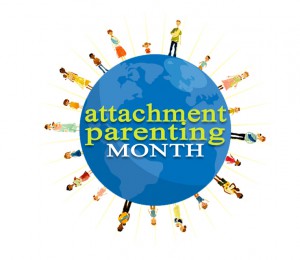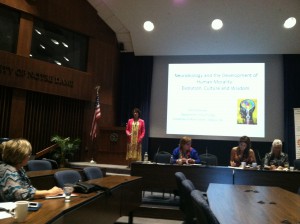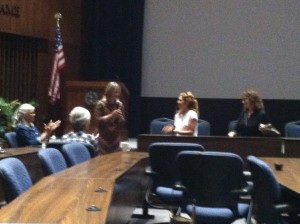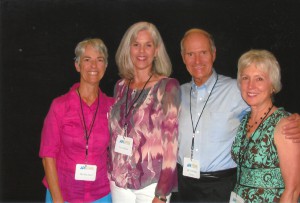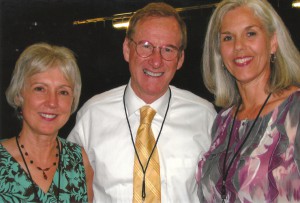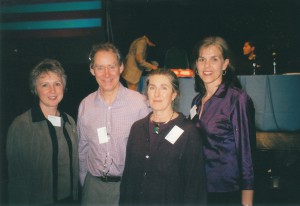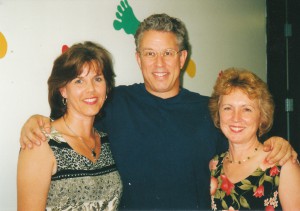“Are your children flourishing? Are you flourishing?”~ “Children Flourishing” on AP Month 2014
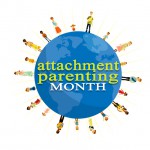 These are poignant questions, particularly the second one.
These are poignant questions, particularly the second one.
I think we, as parents, often ask ourselves whether we feel our children are doing OK. Especially those of us involved in Attachment Parenting (AP) closely monitor this in our children and make adjustments accordingly so that our children can flourish.
But we are less likely to ask ourselves if we are doing OK.
It may be that we assume we are flourishing if our children are. Parenting is so personal, and by our very biology, much of our own self-worth can be tied into how well we feel our children are doing.
It may be that we feel selfish or guilty if we feel that we are not flourishing alongside our children — if we are feeling burnt out, if we feel that our life balance is off.
We may fear that if we take a bit of “me” time that our children will suffer, since they won’t be getting all of our attention.
Because many of us grew up in families that did not practice Attachment Parenting, we are still getting a feel for what a good balance is. Some of us may wish to give our children more attention than we had growing up, and so we may be timid to give ourselves more “me” time because it feels like we may be taking too much.
And it can take a while for parents to feel confident in their parenting approach, so that they are able to feel better about taking “me” time.
Or perhaps your children are at ages or stages that makes it difficult to take “me” time.
There may be another reason why you’re reluctant to make changes so that you feel that you’re flourishing, but balance a critical part of Attachment Parenting. If you’re dealing with burn-out or trying to figure out how to gain more life balance, reading Attachment Parenting International’s Eighth Principle of Parenting: Strive for Personal and Family Balance can give you some ideas to get started on adding more “me” time to your life and start you back on the path of flourishing.
So, how do you know if you and your children are flourishing? Check out the list on AP Month’s “Children Flourishing” post, but here’s one that I think sums it up nicely: “Living on a trajectory of decreasing fear and increasing love in self and others.”

